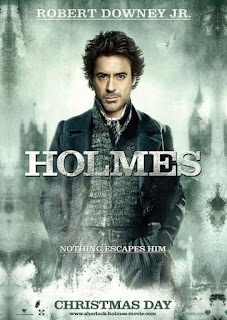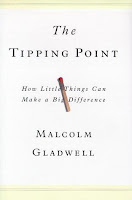 I love how this movie starts. A ship appears out of the mist at sea. It blows its deep horn, and the horn gets taken up by the music score, creating a theme of danger. The captain says there is a storm coming. By now every viewer knows that this is not going to be a comedy. The ship takes two FBI agents to a mental hospital on an island, and those who are familiar with thrillers know that mental hospitals are no places where people get happy, or keep their sanity.
I love how this movie starts. A ship appears out of the mist at sea. It blows its deep horn, and the horn gets taken up by the music score, creating a theme of danger. The captain says there is a storm coming. By now every viewer knows that this is not going to be a comedy. The ship takes two FBI agents to a mental hospital on an island, and those who are familiar with thrillers know that mental hospitals are no places where people get happy, or keep their sanity.The halls and rooms and people are just dripping with foreboding and danger. The staff of the hospital does not cooperate with them. Agent Daniels gets nightmares and the patients give signs that strange things take place on this island. From then on this movie develops into an extremely tense and unnerving experience, so much so that we, the viewers, lose the sense of what is truth, and what is fiction.
If you don’t like being messed around with, the movie might well rub you the wrong way, but at least you get to know the feeling of paranoia and isolation that the main character is going through. Shutter Island is the work of a master filmmaker who does not rely on cheap thrills or tricks, but takes lessons from old suspense-masters like Alfred Hitchcock, but then again I expect nothing less from Scorsese, who is perhaps the finest director working today. Everything about this movie is top quality, from the locations to the acting.
It wasn’t so succesful at the box office, but it is a must-see. If you feel like seeing a movie about fear, don’t see a typical slasher movie, see this one.
IMDB: Shutter Island


























